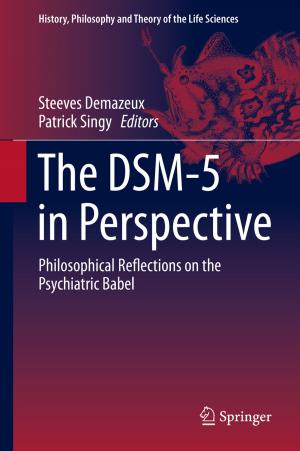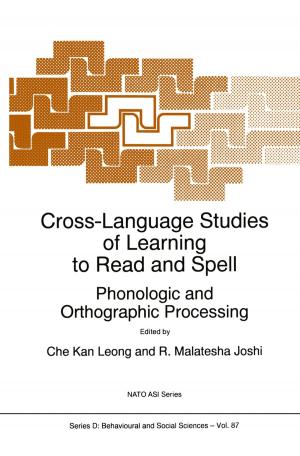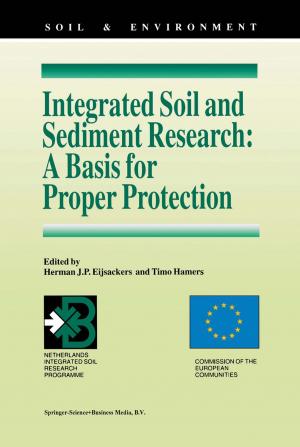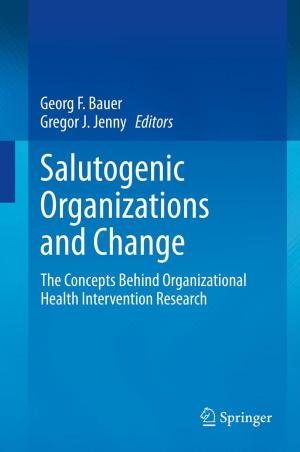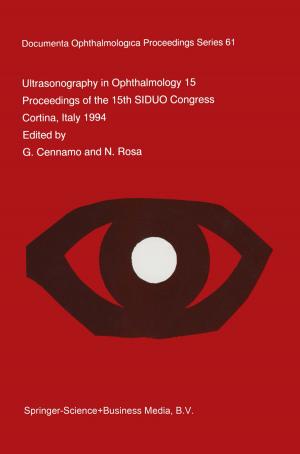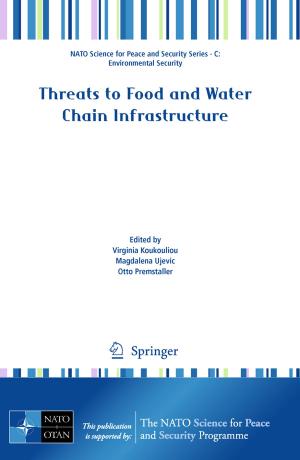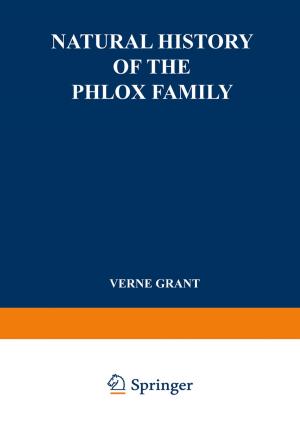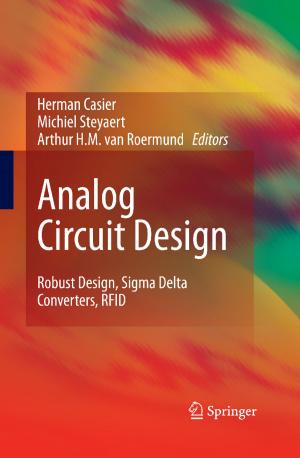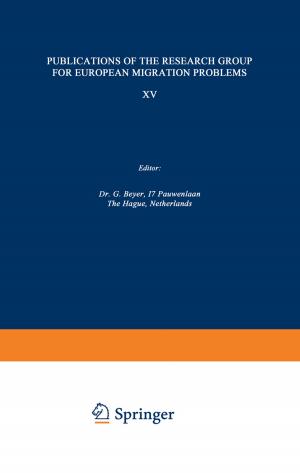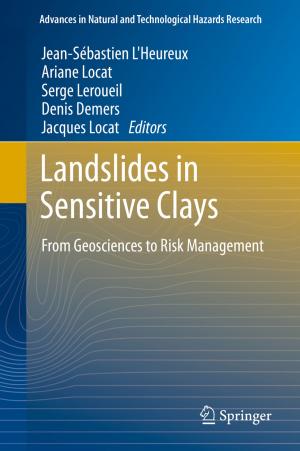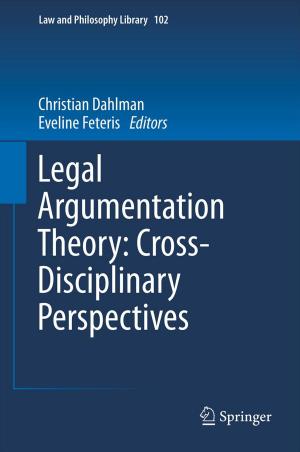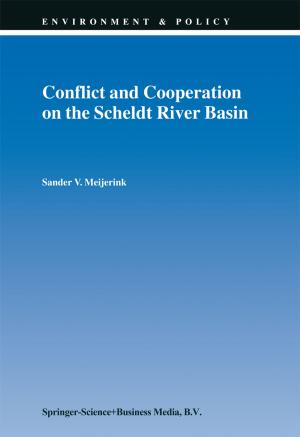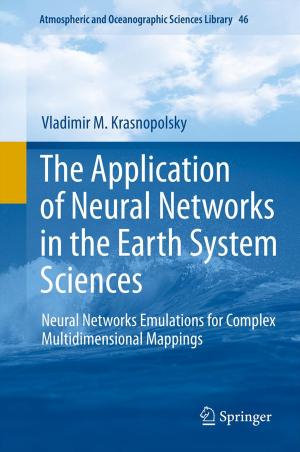Trends in Parsing Technology
Dependency Parsing, Domain Adaptation, and Deep Parsing
Nonfiction, Reference & Language, Language Arts, Linguistics, Computers, Advanced Computing| Author: | ISBN: | 9789048193523 | |
| Publisher: | Springer Netherlands | Publication: | October 6, 2010 |
| Imprint: | Springer | Language: | English |
| Author: | |
| ISBN: | 9789048193523 |
| Publisher: | Springer Netherlands |
| Publication: | October 6, 2010 |
| Imprint: | Springer |
| Language: | English |
Computer parsing technology, which breaks down complex linguistic structures into their constituent parts, is a key research area in the automatic processing of human language. This volume is a collection of contributions from leading researchers in the field of natural language processing technology, each of whom detail their recent work which includes new techniques as well as results. The book presents an overview of the state of the art in current research into parsing technologies, focusing on three important themes: dependency parsing, domain adaptation, and deep parsing. The technology, which has a variety of practical uses, is especially concerned with the methods, tools and software that can be used to parse automatically. Applications include extracting information from free text or speech, question answering, speech recognition and comprehension, recommender systems, machine translation, and automatic summarization. New developments in the area of parsing technology are thus widely applicable, and researchers and professionals from a number of fields will find the material here required reading. As well as the other four volumes on parsing technology in this series this book has a breadth of coverage that makes it suitable both as an overview of the field for graduate students, and as a reference for established researchers in computational linguistics, artificial intelligence, computer science, language engineering, information science, and cognitive science. It will also be of interest to designers, developers, and advanced users of natural language processing systems, including applications such as spoken dialogue, text mining, multimodal human-computer interaction, and semantic web technology.
Computer parsing technology, which breaks down complex linguistic structures into their constituent parts, is a key research area in the automatic processing of human language. This volume is a collection of contributions from leading researchers in the field of natural language processing technology, each of whom detail their recent work which includes new techniques as well as results. The book presents an overview of the state of the art in current research into parsing technologies, focusing on three important themes: dependency parsing, domain adaptation, and deep parsing. The technology, which has a variety of practical uses, is especially concerned with the methods, tools and software that can be used to parse automatically. Applications include extracting information from free text or speech, question answering, speech recognition and comprehension, recommender systems, machine translation, and automatic summarization. New developments in the area of parsing technology are thus widely applicable, and researchers and professionals from a number of fields will find the material here required reading. As well as the other four volumes on parsing technology in this series this book has a breadth of coverage that makes it suitable both as an overview of the field for graduate students, and as a reference for established researchers in computational linguistics, artificial intelligence, computer science, language engineering, information science, and cognitive science. It will also be of interest to designers, developers, and advanced users of natural language processing systems, including applications such as spoken dialogue, text mining, multimodal human-computer interaction, and semantic web technology.

